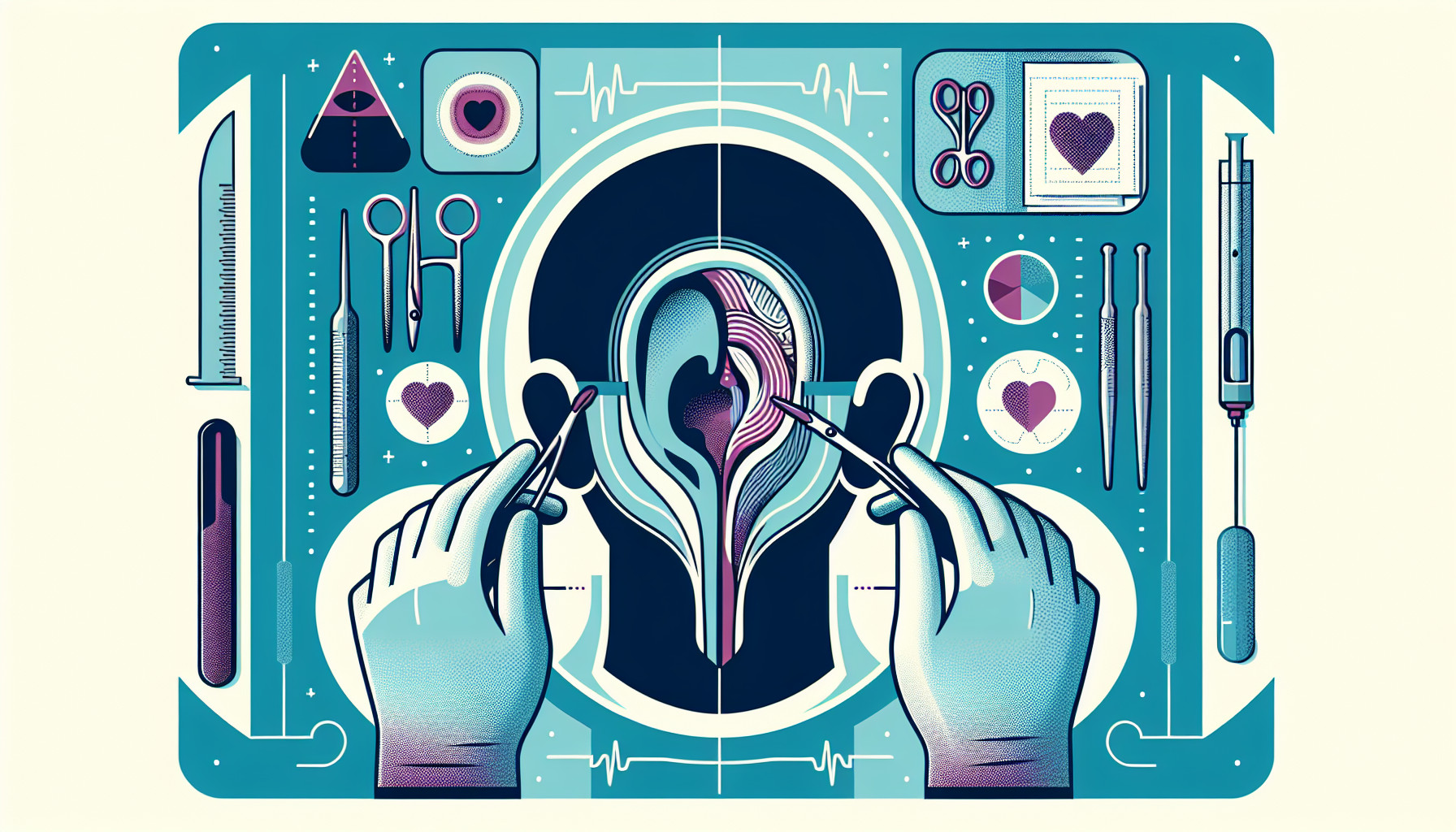Our Summary
Otitis media (OM) is a group of inflammatory diseases that affect the middle ear. This paper reviews studies on aquaporins (AQPs), a type of protein that helps in water movement in our body, and their role in OM. So far, fifteen studies have looked at AQP presence in the middle ear and Eustachian tube, a part of the ear that connects the middle ear with the throat. Scientists have found eleven types of AQPs in these areas in mammals.
The presence and amount of these AQPs can change based on different factors such as the animal species, and whether or not there’s inflammation. Fluid buildup in the middle ear and Eustachian tube is a common issue in all types of OM. This can cause swelling and further inflammation, potentially involving various AQPs.
The study found that the presence of certain AQPs, particularly AQP1, 4, and 5, can change when there’s inflammation. This suggests that AQPs may play a role in the body’s immune response in OM.
FAQs
- What is Otitis media and how is it related to aquaporins?
- What role do aquaporins play in inflammation and fluid build-up in the middle ear and Eustachian tube?
- How can the presence and amount of aquaporins change in the ear?
Doctor’s Tip
A helpful tip a doctor might tell a patient about ear tube surgery is to keep the ear dry and avoid getting water in the ear to prevent infection and complications. It’s also important to follow post-operative care instructions provided by the doctor to ensure proper healing and successful outcomes.
Suitable For
Based on these findings, patients with chronic otitis media or recurrent ear infections may be recommended ear tube surgery. This procedure involves inserting small tubes into the eardrum to help drain fluid and equalize pressure in the middle ear. By addressing fluid buildup and inflammation, ear tube surgery can help prevent recurrent infections and improve hearing in patients with chronic otitis media. Patients with severe or persistent symptoms of otitis media may also benefit from ear tube surgery to alleviate their symptoms and improve their quality of life.
Timeline
Before ear tube surgery, a patient may experience symptoms such as ear pain, pressure, hearing loss, and recurrent ear infections. These symptoms are typically associated with fluid buildup in the middle ear due to Eustachian tube dysfunction.
After ear tube surgery, the patient will usually experience immediate relief from symptoms such as ear pain and pressure. The surgery involves inserting tiny tubes into the eardrum to help drain fluid from the middle ear and prevent further infections.
In the days following the surgery, the patient may experience some mild discomfort or drainage from the ear. However, this will usually resolve within a few days. Over time, the patient’s hearing should improve as the fluid is able to drain more effectively. Recurrent ear infections should also become less frequent.
Overall, ear tube surgery is a relatively simple and effective procedure for treating chronic ear infections and other issues related to Eustachian tube dysfunction.
What to Ask Your Doctor
Some questions a patient should ask their doctor about ear tube surgery include:
- What is the purpose of ear tube surgery and how will it benefit me?
- What are the potential risks and complications associated with ear tube surgery?
- How long will the ear tubes stay in place and will I need them replaced in the future?
- What is the recovery process like after ear tube surgery?
- Will I need to follow any special precautions or care instructions after the surgery?
- How will ear tube surgery affect my hearing and overall ear health?
- Are there any alternative treatment options to consider before proceeding with ear tube surgery?
- How often will I need to follow up with you after the surgery?
- Can you explain how AQPs may play a role in my specific case of Otitis media and how ear tube surgery may help alleviate symptoms related to fluid buildup in the middle ear?
- Are there any specific lifestyle changes or precautions I should take to prevent future episodes of Otitis media after the surgery?
Reference
Authors: Jung SY, Kim SS, Kim YI, Kim SH, Yeo SG. Journal: Int J Mol Sci. 2017 Oct 17;18(10):2164. doi: 10.3390/ijms18102164. PMID: 29039751
